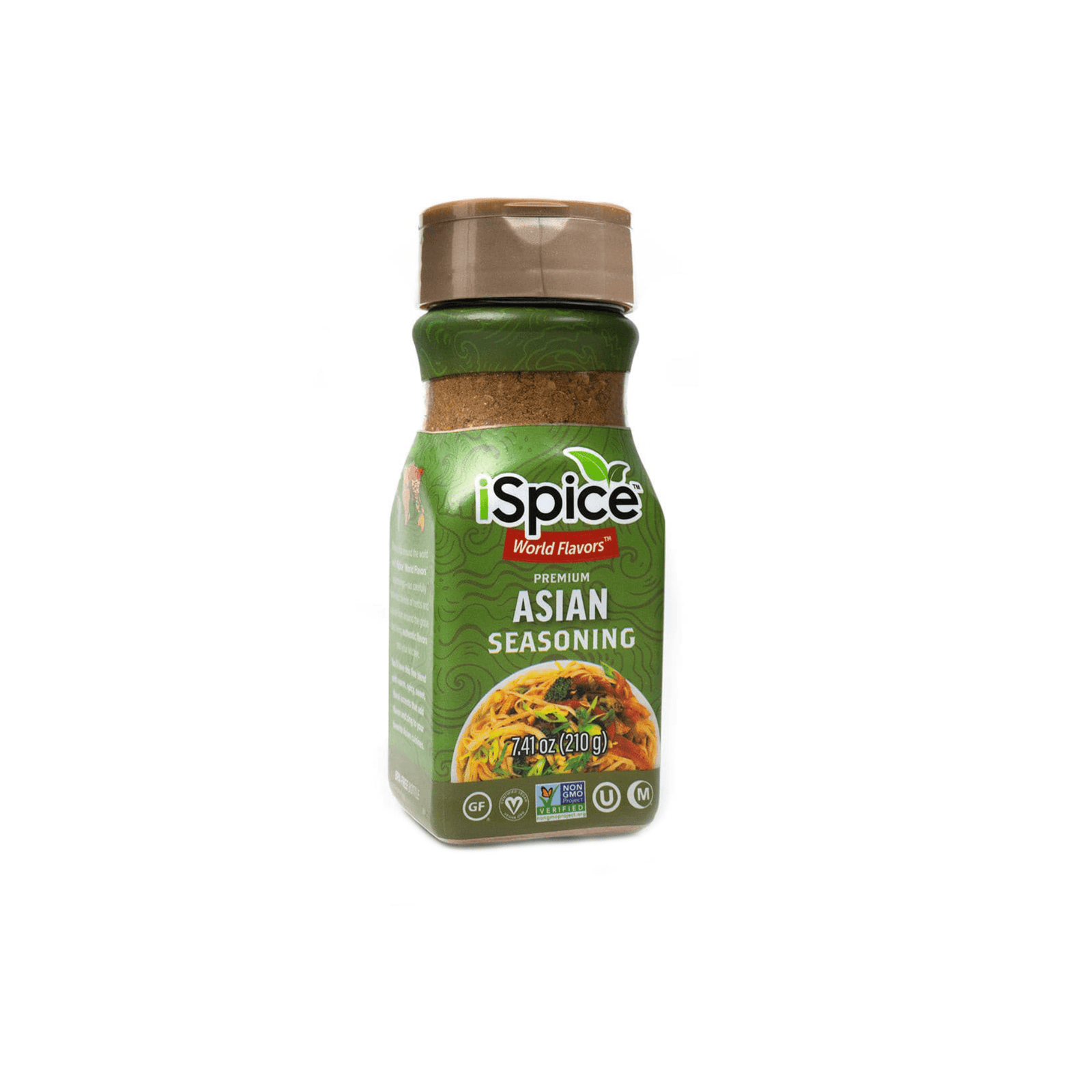Sesame seed is a common ingredient in many cuisines across the world. It can be used whole in cooking for its rich, nutty flavor, sometimes added to bread and baked into crackers. Sesame seeds are popular in Chinese stir fries and are a key to the Middle Eastern spice blend Za'atar and the Japanese seven-spice. In Sicily and France, the seeds are eaten on bread, and in Greece the seeds are used in cakes. Sesame seeds can also be found sprinkled on sushi and into salads.Sesame seeds are a rich source of oil, which is an important component of Japanese cooking and traditionally the principal use of the seed. One of the oldest oilseed crops known and domesticated over 3000 years ago, sesame and its many other species are mostly wild and native to sub-Saharan Africa.According to lore, ancient Babylonian women mixed sesame seeds and honey to delay the aging process. Roman legionnaires use this same mixture for energy and strength. Like other nuts and foods, sesame can trigger allergic reactions in some people.
Alert: While spices can have many beneficial properties for health, using them for medical purposes should be done under the guidance and supervision of a healthcare professional or specialist. Some spices may interact with medications or cause adverse reactions in certain individuals, and it is important to use them safely and appropriately. If you are considering using spices for a medical condition, it is important to consult with a healthcare professional before doing so.
| |
Benefits of Sesame SeedSome research suggests Sesame Seed may have the following benefits:
|





















































